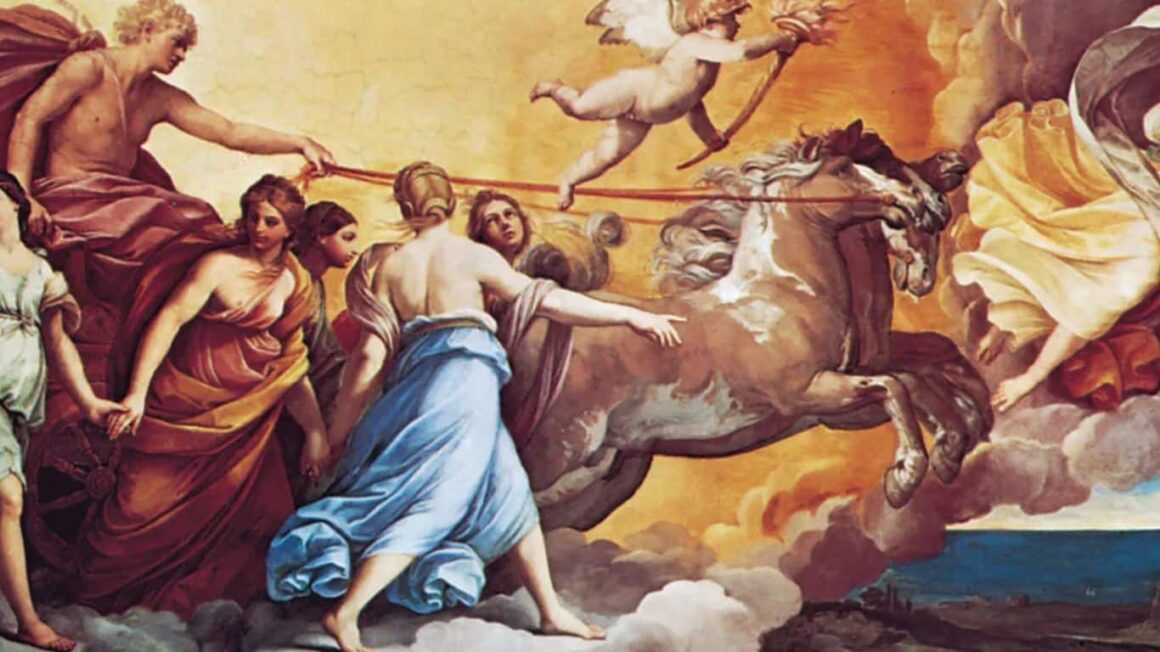- Norse mythology is rich with Stories that teach us about the cyclical nature of life and the power of fate.
- It also highlights the importance of community.
- It also highlights the importance of balance in the world.
- Native American mythology also highlights the power of storytelling in passing on cultural traditions.
- Teaching us about the importance of good deeds, Chinese mythology also highlights the power of the natural world and the…
- Also Read: Mythology vs Folklore (Differences & Similarities)
Mythology has been an integral part of human culture for thousands of years, serving as a way to pass down stories, values, and beliefs from generation to generation. These myths, which often feature gods, heroes, and other supernatural beings, provide insight into the human experience and explore fundamental questions about life, death, and the universe. From the ancient Greeks to the indigenous peoples of the Americas, mythology has been a source of inspiration, wisdom, and guidance for cultures all over the world. In this article, we will explore the various lessons and what mythology can teach us, and how these stories continue to shape our understanding of the world and ourselves.
What Mythology Can Teach Us
Greek Mythology: Importance of bravery
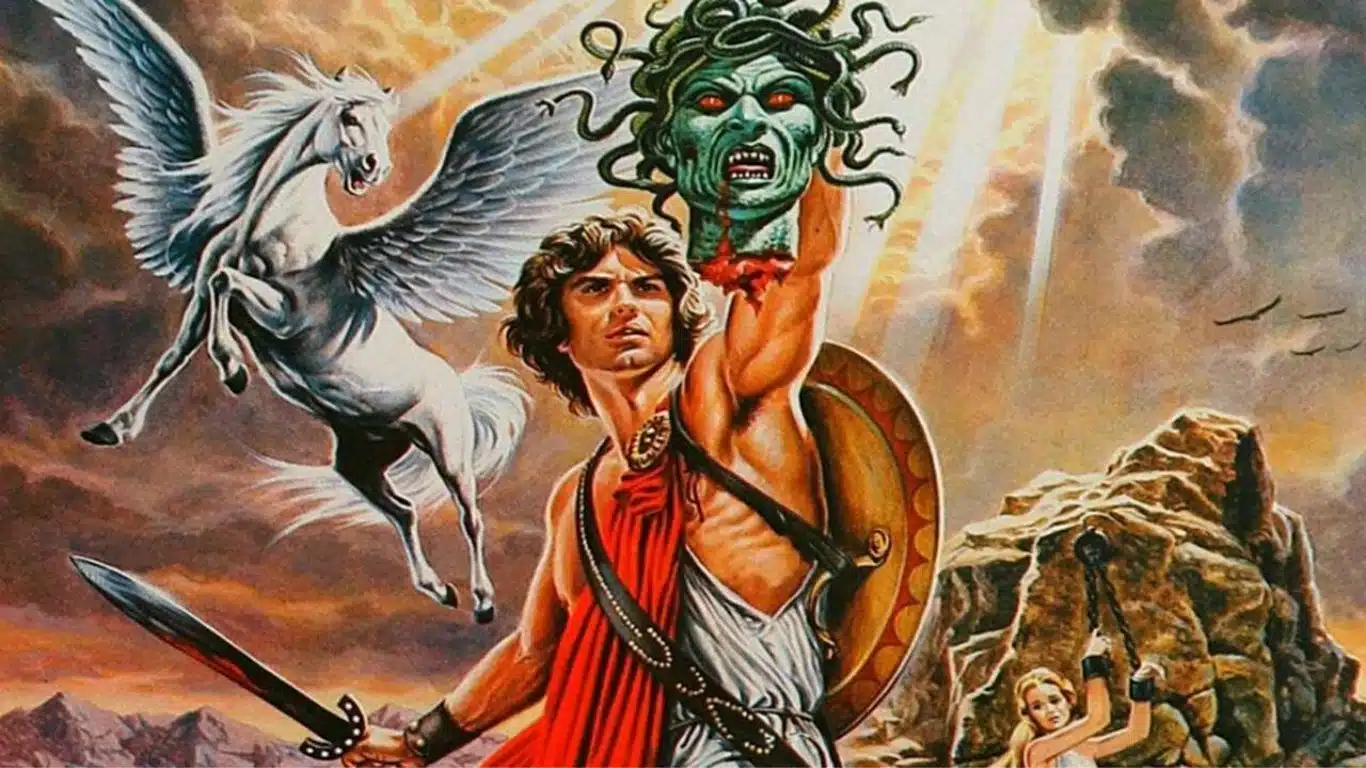
In Greek mythology, the story of Perseus is a prime example of the importance of bravery and determination in the face of adversity. Perseus, the son of Zeus and a mortal woman, was tasked with slaying the monstrous Medusa, whose gaze could turn men to stone. Despite the seemingly insurmountable odds, Perseus set out on his quest, relying on his cunning, strength, and bravery to overcome the challenges that lay ahead. With the help of Athena and Hermes, he was able to defeat Medusa and return home as a hero, proving that anyone can rise to greatness through their courage and determination.
Through the story of Perseus, we can learn that even the most ordinary person has the potential to become a hero if they are willing to face their fears and challenges head-on. The tale of Perseus reminds us that bravery and determination are qualities that can be developed and honed over time, and that anyone can achieve great things through their own efforts. It also underscores the importance of perseverance in the face of adversity and the value of seeking help from others when needed. These are lessons that continue to inspire and motivate people even today, and the story of Perseus remains one of the most enduring myths in all of Greek mythology.
Norse Mythology: Strong sense of community
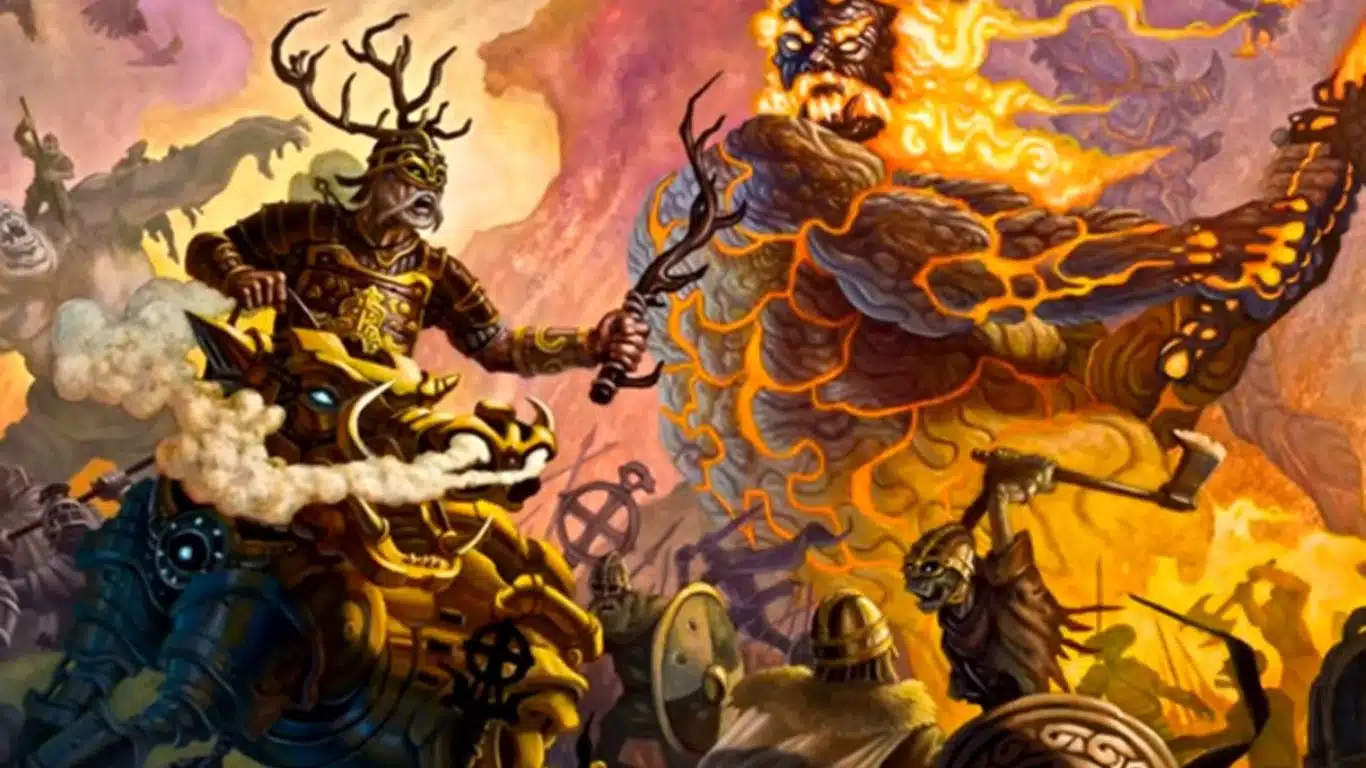
Norse mythology is rich with Stories that teach us about the cyclical nature of life and the power of fate. In the Norse worldview, the universe was seen as being in a state of constant change, with the rise and fall of civilizations being a recurring theme. The story of Ragnarok, the Norse equivalent of the apocalypse, is a powerful example of this concept. It shows us how even the mightiest heroes and gods can be brought down by the forces of destiny, and how destruction and death can pave the way for new life and rebirth.
It also highlights the importance of community. Norse society was based on a strong sense of community and the idea that individuals were bound together by a shared fate. This is reflected in the Stories of the Norse gods, who were depicted as a close-knit group that worked together to maintain balance and order in the world. The story of Ragnarok, for instance, shows us how the gods and heroes of Asgard stood together in the face of destruction, fighting as a united front to protect their people. Through this story, we can see how Norse mythology emphasized the value of community and the idea that we are all in this together, bound by a common fate.
Hindu mythology: Doing what is right
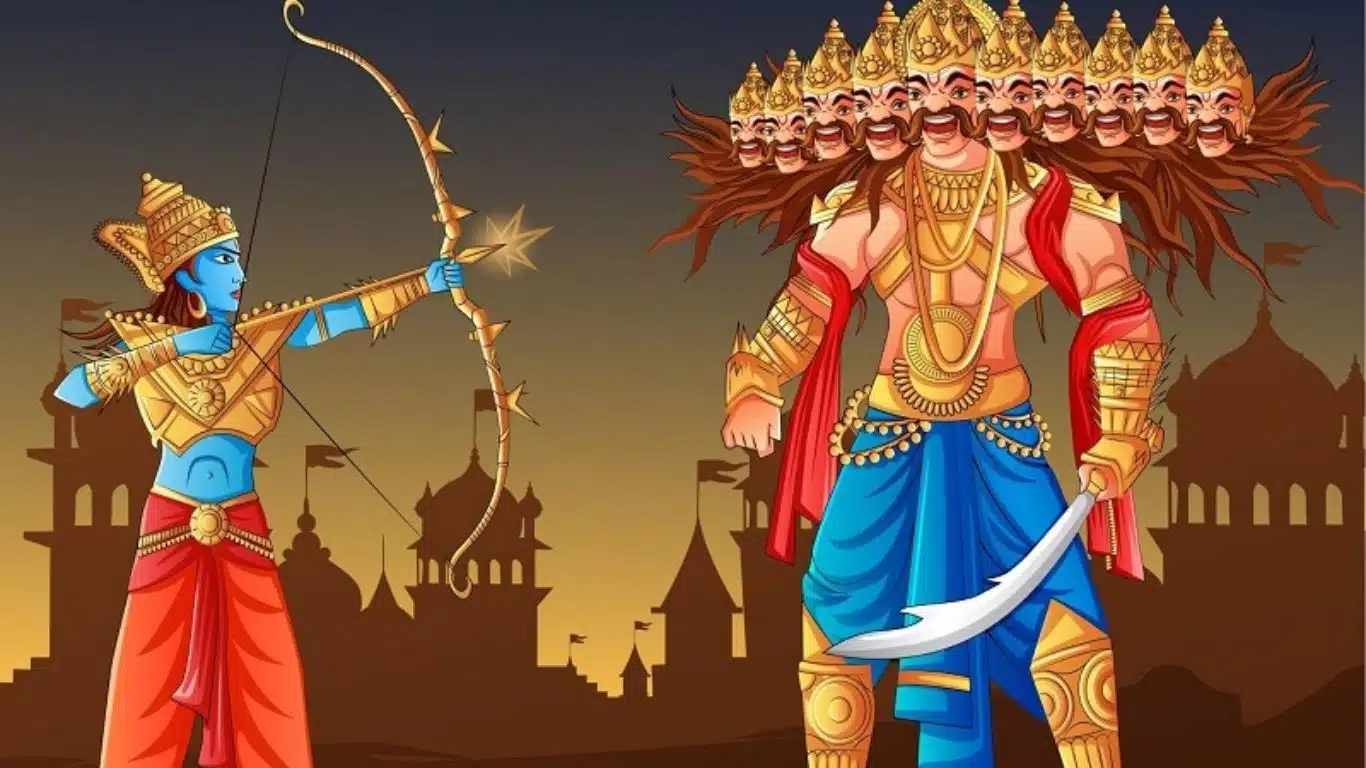
Hindu mythology is a rich and diverse collection of Stories, rituals, and beliefs that offer valuable lessons about life and the human experience. One of the most important teachings found in Hindu mythology is the power of devotion. The story of Prince Rama, a central figure in Hinduism, is a prime example of this. Rama is revered as a model of righteousness and devotion, and his story is one of duty, love, and self-discovery.
Through the story of Prince Rama, we can learn about the importance of good deeds and the impact that our actions have on the world around us. Rama’s devotion to his duty as a prince and his unwavering love for his wife, Sita. Serve as a reminder of the importance of following one’s heart and doing what is right, even in the face of adversity. The story of Rama also highlights the Hindu belief in the cycle of reincarnation. Showing us how the actions and choices that we make in this life can influence our fate in future lives. The story of Prince Rama is just one example of the many powerful tales that can be found within Hindu mythology. And it serves as a testament to the enduring power of devotion, good deeds, and the cycle of reincarnation.
Egyptian mythology: Respect for the dead
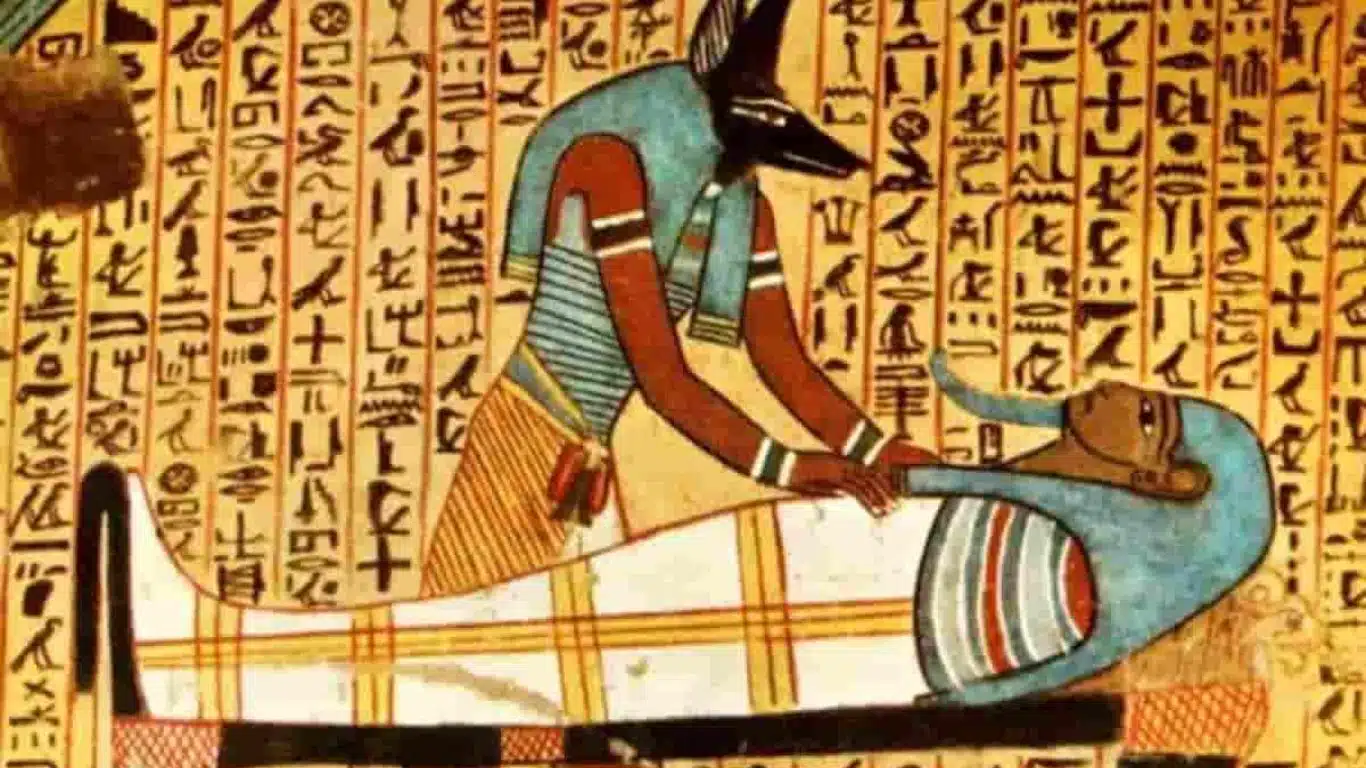
Anubis, god of the dead was responsible for ensuring that the dead were treated with respect and that their spirits were properly prepared for the journey to the afterlife. He oversaw the mummification process and helped to guide the souls of the dead through the underworld, ensuring that they reached their final resting place. Through the story of Anubis, we can see how ancient Egyptians viewed death as a natural part of the cycle of life and how they believed that the afterlife was a powerful and transformative force.
It also highlights the importance of balance in the world. The ancient Egyptians believed that the world was sustained by a delicate balance between life and death, and they saw the role of Anubis as critical in maintaining that balance. Through his role as the god of funerary rites, Anubis ensured that the dead were properly honored and that the cycle of life and death continued unimpeded.
Egyptian mythology provides us with a rich and fascinating glimpse into the beliefs and values of ancient Egyptian society. The story of Anubis is just one example of the many powerful tales that can be found within Egyptian mythology, and it serves as a testament to the enduring importance of respect for the dead, the power of the afterlife, and the importance of balance in the world.
Native American Mythology: Importance of living in harmony with nature
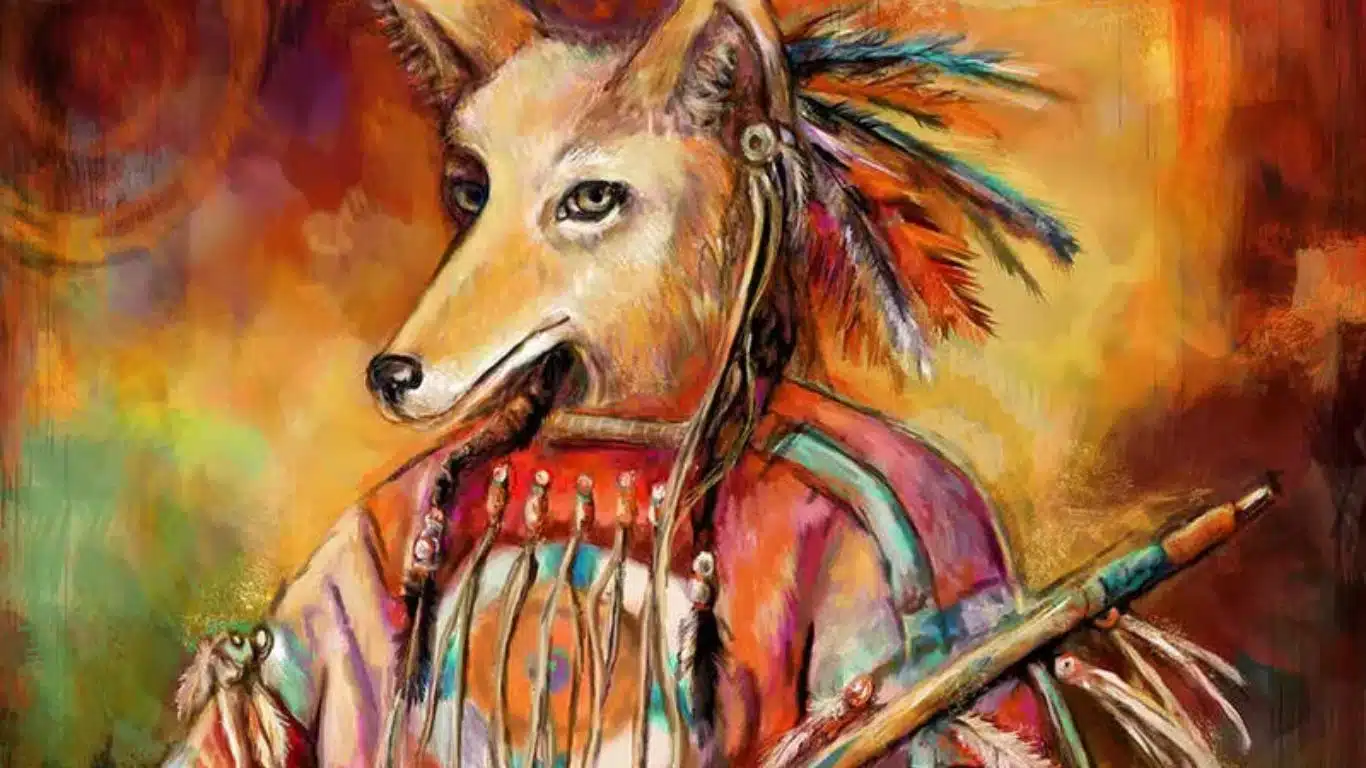
This is evident in the story of Coyote, a trickster spirit who plays a central role in many Native American cultures. Coyote is often depicted as a cunning and mischievous figure, using his wit and guile to teach valuable lessons and shape the world through his adventures. Despite his trickster ways, Coyote is also seen as a force for good, teaching people about the dangers of greed, the importance of cooperation, and the beauty of the natural world. Through the story of Coyote, we can learn about the power of spirits and the role that they play in shaping our lives and the world around us.
Native American mythology also highlights the power of storytelling in passing on cultural traditions. Storytelling has long been an important part of Native American culture, serving as a way to pass down knowledge and wisdom from one generation to the next. Through the telling of Coyote’s adventures, Native Americans can preserve their cultural traditions and pass on valuable lessons about life and the world.
Chinese Mythology: Importance of good deeds
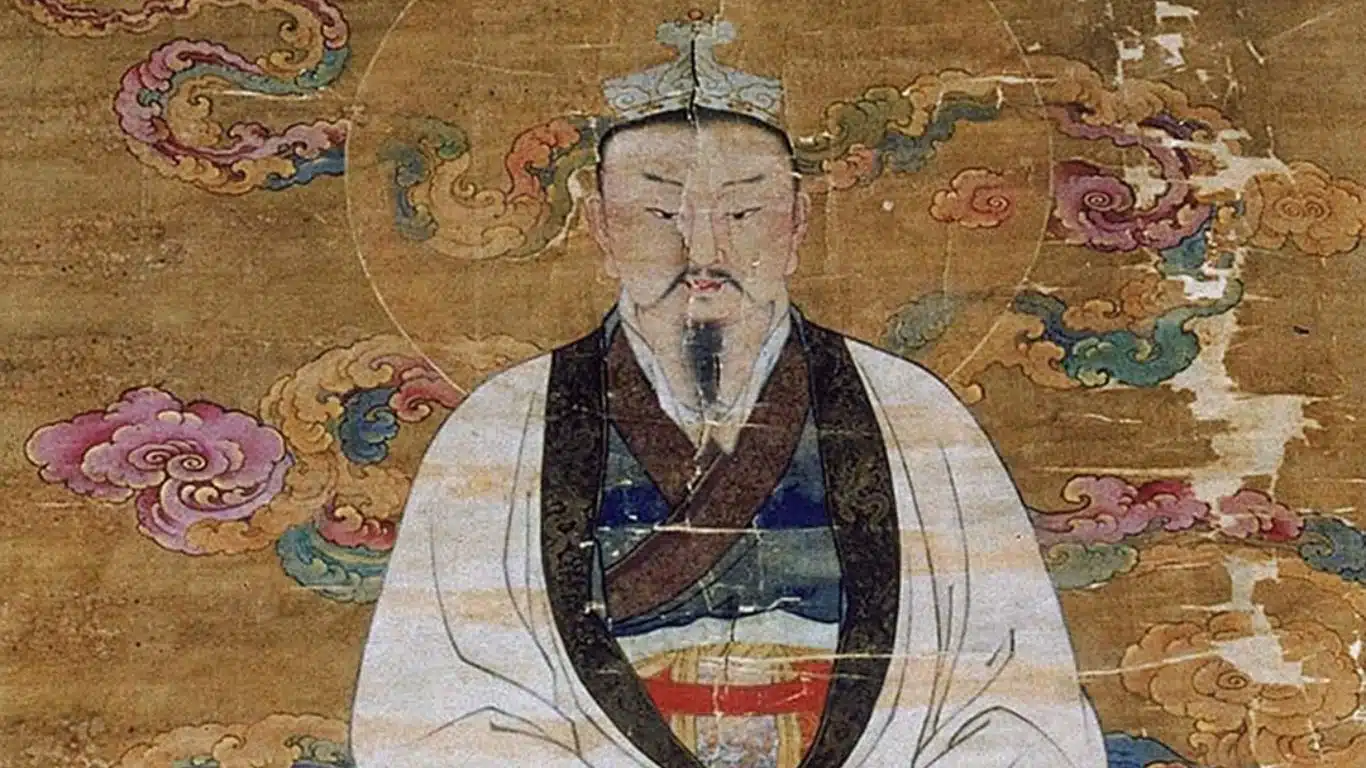
The Jade Emperor is revered in Chinese mythology as a model of virtue and justice, ruling over the heavenly realms with wisdom and fairness. He is often depicted as a wise and kind-hearted ruler who is loved by his subjects, and his story serves as a reminder of the importance of good deeds and the positive impact that they can have on the world. Through the story of the Jade Emperor, we can learn about the rewards that come from living a virtuous life and the power of a just ruler to bring peace and prosperity to his kingdom.
Teaching us about the importance of good deeds, Chinese mythology also highlights the power of the natural world and the importance of respecting the dead. This is evident in the practices of ancestor worship, which were an integral part of Chinese religion and culture. Ancestor worship emphasized the importance of honoring one’s ancestors and maintaining a strong connection with the dead, and it was believed that this connection could bring blessings and prosperity to the living.
African Mythology: value of sharing knowledge
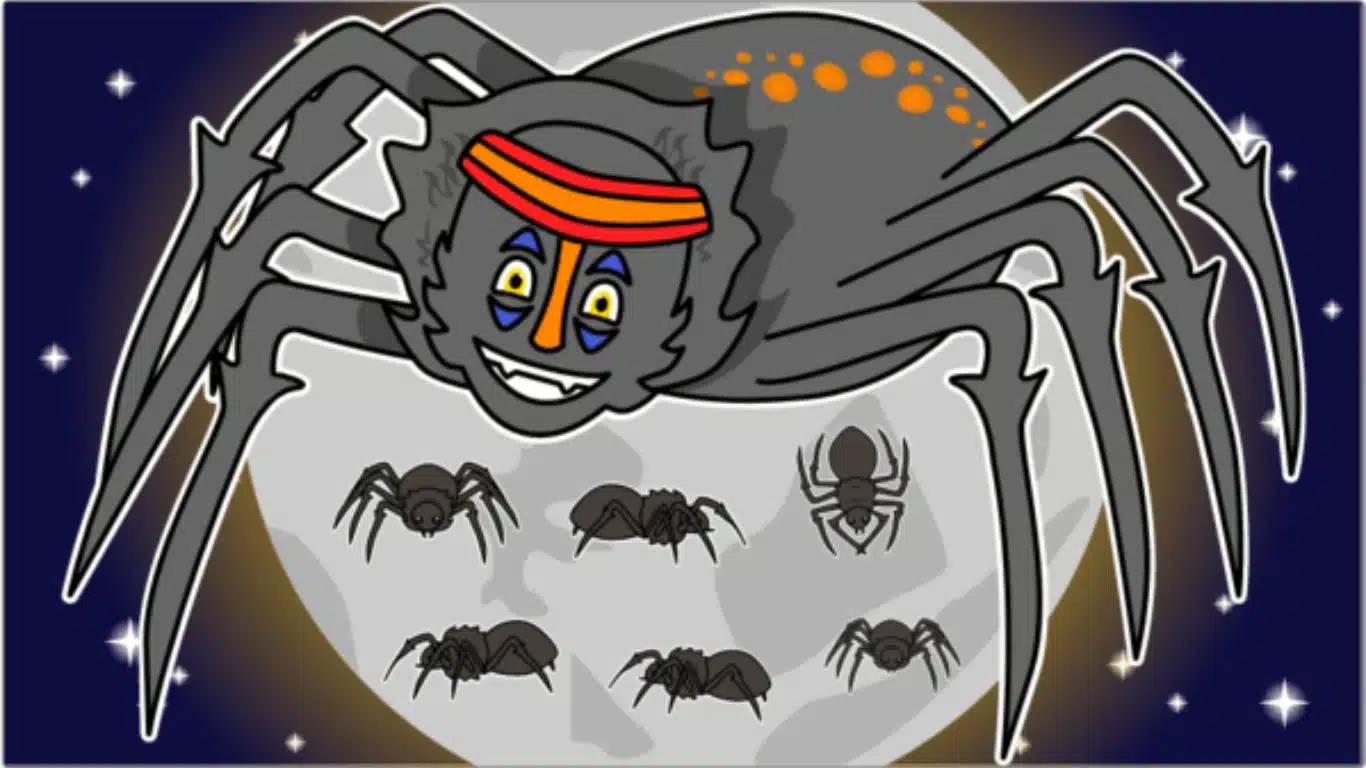
Anansi is a revered figure in African mythology, known for his wit and cunning as well as his role in bringing knowledge to the world. Through his adventures, Anansi teaches important lessons about the importance of community and the value of sharing knowledge and experiences. His story serves as a reminder of the power of wit and cunning, and how they can be used to bring people together and promote harmony within communities.
One of Anansi’s most famous adventures involved tricking Nyame, the god of the sky, into giving him the power of storytelling. Anansi convinced Nyame that his stories would be a great gift to the world, and in return, Nyame gave him the power of storytelling. Anansi then used his newfound power to bring knowledge and wisdom to the world, and his stories have been passed down from generation to generation, becoming a fundamental part of African folklore and tradition.
Also Read: Mythology vs Folklore (Differences & Similarities)
